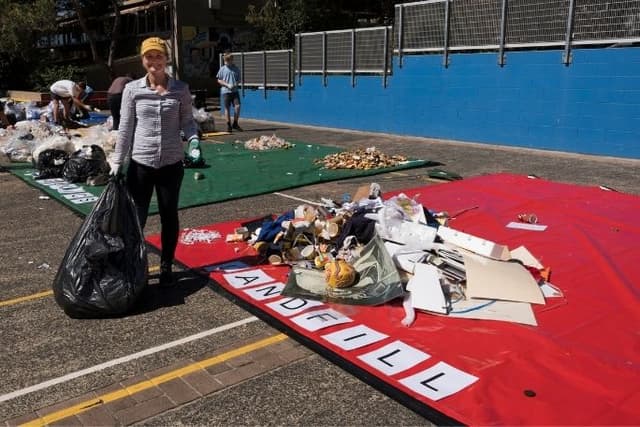
War On Waste - Auditing the Litter at Our School
Lesson12 of 14 in this unit
SecondaryYear 7 - 10MathematicsScienceHumanities and Social SciencesGeographyEnvironmentalSustainabilityEconomicDesign Thinking
Summary
Lesson Guides and Printables
Lesson Plan

Student Worksheet

Teacher Content Info
